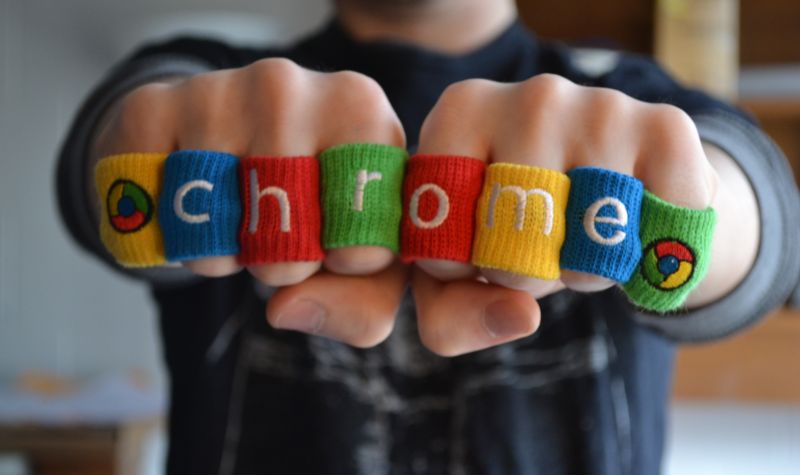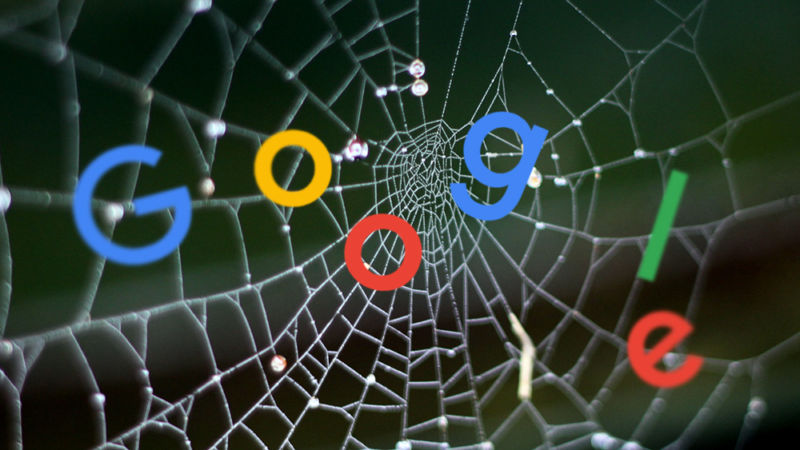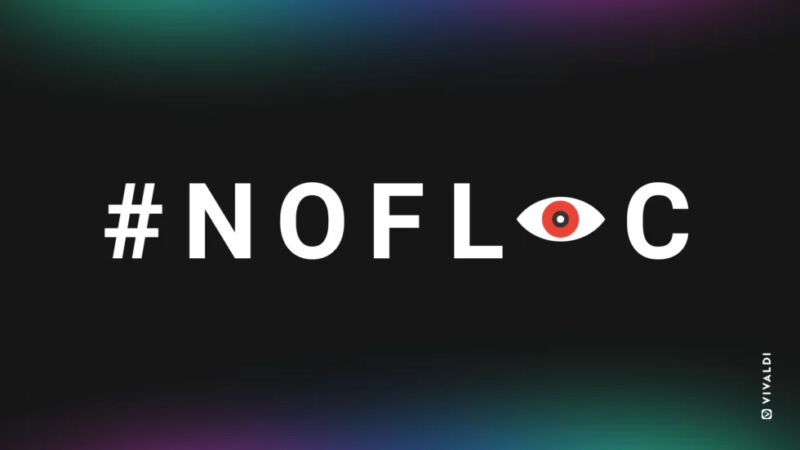
Chrome’s “Manifest V3” plan to limit ad-blocking extensions is delayed
For several years now, Google has wanted to kill Chrome’s current extension system in favor of a more limited one, creating more restrictions on filtering extensions that block ads and/or work to preserve the user’s privacy. The new extension system, called “Manifest V3,” technically hit the stable channel in January 2021, but Chrome still supports the older, more powerful system, Manifest V2. The first steps toward winding down Manifest V2 were supposed to start January 2023, but as 9to5Google first spotted, Google now says it delayed the mandatory switch to Manifest V3 and won’t even have a new timeline for a V2 shutdown ready until March....

